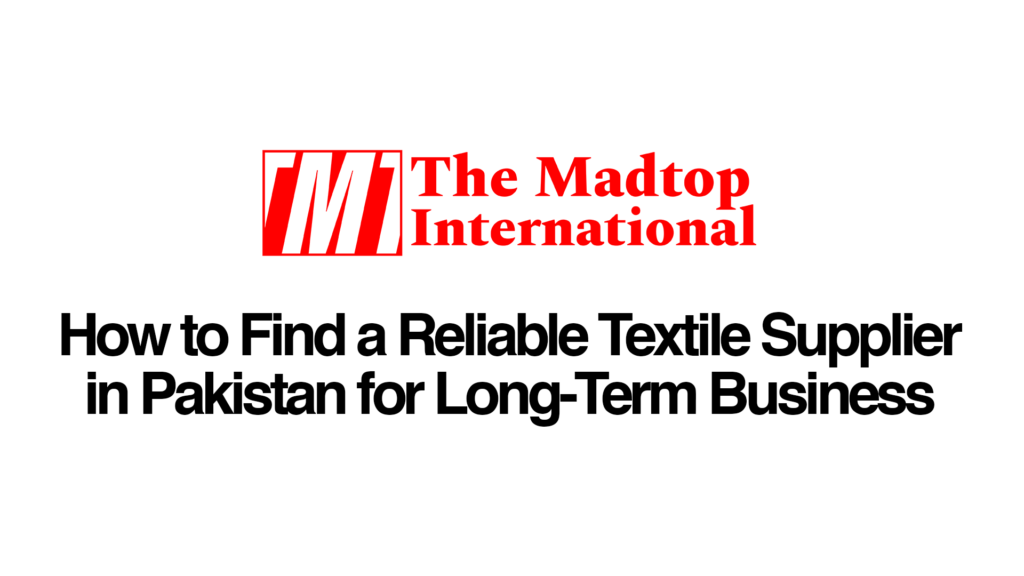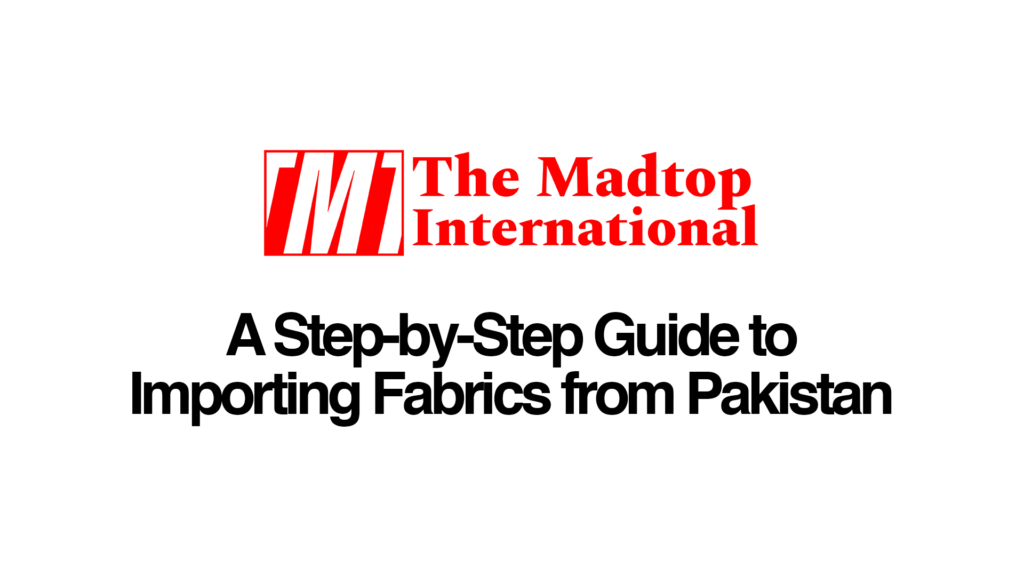Table of Contents
📈 Introduction
When sourcing textiles internationally, price and quality are always at the top of the list. One country that consistently delivers both is Pakistan.
But how does Pakistan’s textile industry manage to offer such competitive pricing without sacrificing fabric quality?
In this detailed guide, we explore the 7 key reasons that make Pakistan a leading destination for smart textile buyers worldwide.
🌍 The Global Reputation of Pakistan’s Textile Industry
Pakistan is among the top 5 textile exporters globally, supplying fabrics, garments, and home textiles to over 100 countries.
Buyers trust Pakistan’s textile industry because it strikes the perfect balance between affordability and international quality standards.
1. Abundant Raw Material Availability
Pakistan is the 4th largest cotton producer in the world.
Because of local cotton farming:
- Raw material costs are lower.
- Supply chains are faster and cheaper.
- Quality control starts from the source.
✅ This naturally reduces the price without the need for heavy imports.
2. Low Production and Labor Costs
The cost of skilled labor and energy in Pakistan is lower compared to many other manufacturing hubs like China or Turkey.
This means:
- Fabrics can be produced at a lower base cost.
- Savings are passed on to international buyers.
🔗 Learn how to choose the right textile manufacturer in Pakistan
3. Vertical Integration of Textile Mills
Many mills in Pakistan’s textile industry are vertically integrated, meaning they control:
- Spinning
- Weaving
- Dyeing
- Finishing
- Packaging
This eliminates middlemen and outside contractors, reducing operational costs and ensuring consistent quality.
4. Skilled Workforce and Craftsmanship
Pakistan’s textile workers are highly skilled, with generations of expertise passed down.
From intricate weaving techniques to premium dyeing, the craftsmanship level helps deliver high-quality fabrics without needing expensive imported technologies.
5. Focus on Volume-Based Manufacturing
Textile factories in Pakistan are designed for large-scale production.
Economies of scale mean:
- Lower production costs per unit
- Ability to offer competitive bulk pricing to buyers
This is a major advantage if you’re planning bulk fabric orders.
6. Government Support and Export Incentives
The Pakistani government actively supports the textile sector through:
- Export subsidies
- Low-interest financing schemes
- Tax rebates for exporters
This reduces the final fabric price for foreign buyers without impacting the manufacturing quality.
7. Continuous Technological Upgrades
Modern textile mills in Pakistan invest heavily in:
- Advanced looms
- Digital printing machines
- Eco-friendly dyeing processes
Continuous technological improvements help maintain top-notch fabric quality, while keeping production costs controlled.
📝 Conclusion
Pakistan’s textile industry has built a strong reputation by offering the best of both worlds:
Competitive prices and high-quality fabrics.
With abundant raw materials, skilled labor, efficient manufacturing processes, and government support, Pakistan continues to be a smart sourcing choice for international buyers.
When you partner with the right supplier, you can be confident you’re getting exceptional value for your investment.


